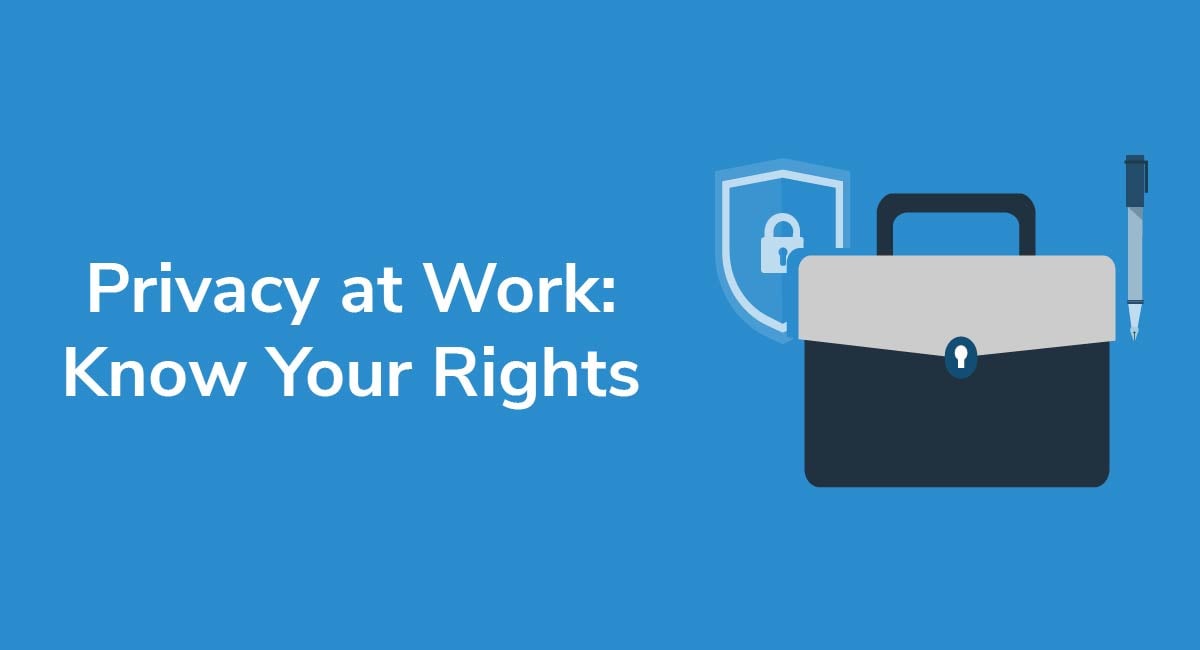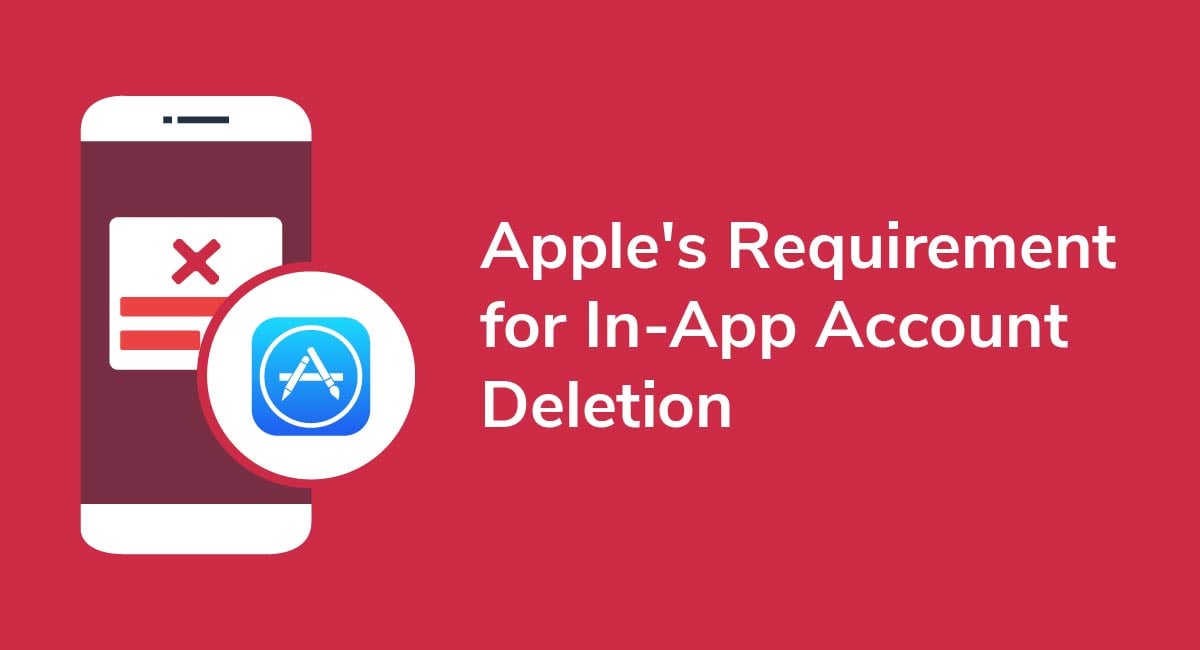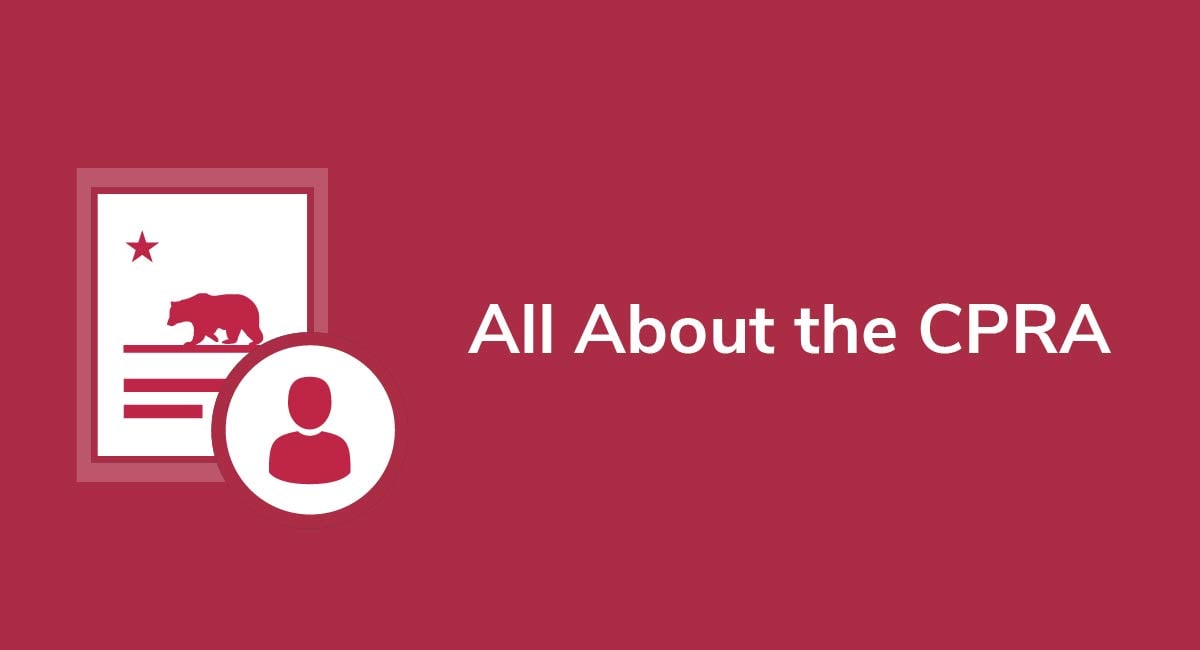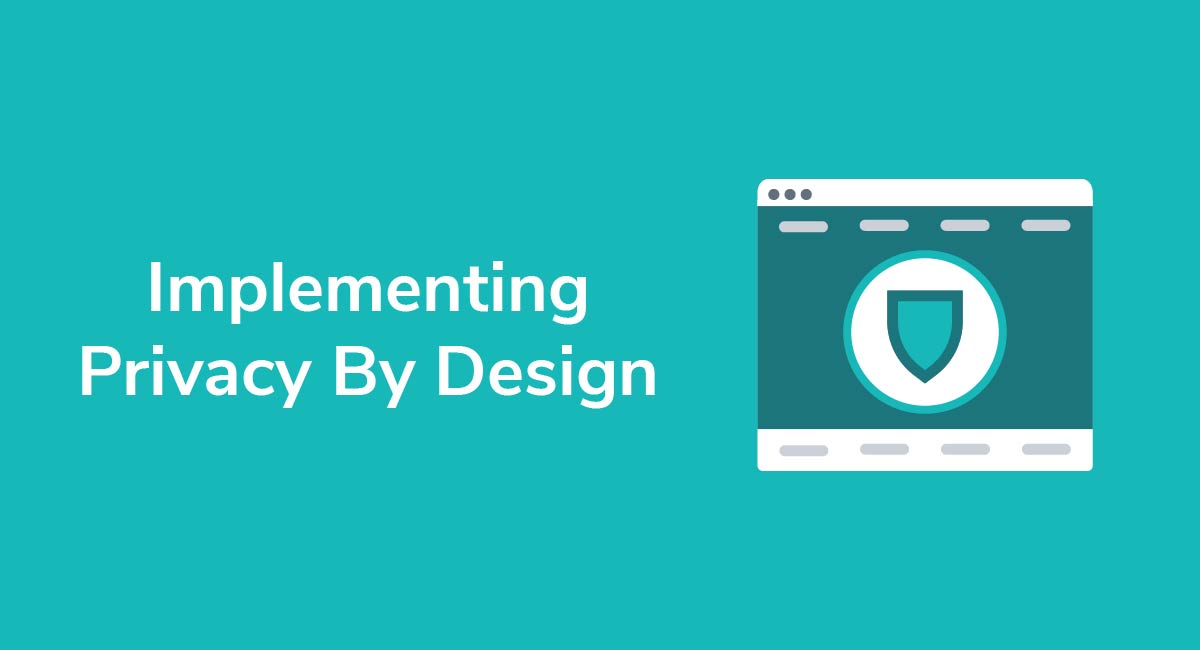Privacy at Work: Know Your Rights

When it comes to employee rights, we've come a long way over the past century or so. In many countries, employers can no longer demand you work overtime without pay, force you to work in unsafe conditions, or pay you less than the minimum wage.
But while indentured servitude may be a thing of the past, that doesn't mean we have complete freedom today - employers have a lot of rights on their side, too. For instance, there's no legal requirement in most of the United States for employers to offer their employees any kind of break during their shift. And while many laws prohibit hiring discrimination based on race or religion, discrimination based on sexual orientation or identity is completely legal in many jurisdictions.
Thankfully, many laws do prohibit employers from asking about your relationships, or other personal matters, in their interview questions, however. In the United States, interviewers can't legally ask about your national origin, your age, your marital or pregnancy status, any disabilities, your arrest record, or your race or gender. In the United Kingdom, they can't ask you questions about your place of birth or ethnicity, your age, your marital status or children, disabilities, or lifestyle choices such as use of alcohol or smoking habits.
But while employers can't legally ask you about the topics listed above, they won't stop you from volunteering the information.
And you may be volunteering a lot more than you realize.
According to a survey by the American Management Association and The ePolicy Institute, two-thirds of all employers monitor Internet connections. Since the computers you use at work are your employer's property, they can legally monitor everything you do with it, down to each individual keystroke.
But you're not just being watched while you're at work: Anything you publicly post on social media might be tracked and viewed by your employer, too.
Want to keep your personal information private? It starts by knowing your rights - or, more accurately, your employer's rights. Here's how they're using them to spy on you.

Privacy at Work: Know Your Rights (You Probably Don't Have Any)
Gone are the days of turning away monitors or closing browser windows when a supervisor walks by your desk. What are employers doing to watch you while you work?
How and Why Do Employers Monitor Online Activity?
- 63% of employers monitor Internet connections in the workplace
How they do it:
- 7% of major US companies monitor employees at work through:
- Web browsing
- Phone calls
- Computer files
- Video recordings
- Specialized computer software can allow employers to monitor screens or stored data on workplace computer terminals
- Includes web browsing
- 47% of employers keep and review employee emails
- Keystroke monitoring is common in data entry and word-processing jobs
- Monitors the number of keystrokes in a given hour
- Employers can evaluate employees against a standard number of keystrokes expected
- Idle time monitoring shows how much time an employee spends away from the computer or how long the computer is idle
- Estimated 60% of global corporations will monitor social media accounts in 2015 via:
- General online checks by a supervisor
- Third-party researchers who track employee activity
Why they do it:
- Workplace terminals
- Monitor productivity
- Monitor compliance with company policies
- Safeguard sensitive company data
- Gather data for business decisions
- Social media accounts
- Safeguard company or client information
- Healthcare employees discussing patients
- Other employees' personal information made public
- Monitor for criticism against:
- The employer
- Customers
- Subordinates
- Internet abuses in the workplace
- 25% of corporate Internet traffic is categorized as unrelated to work
- 64% of employees use the web for personal reasons during work hours
- 70% of Internet porn traffic occurs during work hours
- 48% of the worst security breaches at large companies are perpetrated by employees
Social Media Concerns
- Many employers have written social media policies
- What can and can't be posted about the employer
- Whether employees can access social media while at work
- Whether employees can use social media on company devices
- Social media increasingly affects employment
- Employees are being fired for social media posts more often each year
- Many job candidates are screened through social media before being hired
- 39% of employers research candidates on social media
- 43% of those employers found something that caused them not to hire a candidate
- Inappropriate photos or information
- Grievances aired against former employers
- 19% of employers researching social media found information that caused them to want to hire a candidate
- Communication skills
- Professional image
Some companies encourage or even require employees to use personal social media accounts to promote the company.
Effects on Employees
- Employees often find workplace monitoring "creepy"
- Distrust can lower morale
- Lowered morale can reduce productivity
- Effects on employment
- Half of companies have fired employees for Internet misuse
- Coffee shop fired an employee for posting a blog during work hours about how much he hated his employer
- Former MLB player tweeted a racist statement after his favorite team lost to a minority-heavy team and was fired from his radio show job
- Marketing firm in Mississippi fired several employees after instituting monitoring measures and informing workers. They found employees engaging in:
- School work during work hours
- Side deals with clients
- Downloading pornographic content at work
When Laws Step In
Generally, employers have the right to monitor workplace computers.
- Employers own the computers and networks.
- Some union contracts may limit the types of monitoring.
- Federal law
- 4th Amendment
- Guards against unlawful search and seizure by the government.
- Workplace application of the 4th Amendment is only for government employees
- The government is the employer, therefore employees can protect some online activity through the 4th Amendment.
- Private sector employees have no protection against their employers under the 4th Amendment.
- State law
- Since 2012, many states have discussed online privacy laws.
- Most protect employees and students from being forced to share social media usernames and passwords.
- 2013
- 36 states had online privacy legislation introduced or pending.
- Online privacy legislation enacted in:
- Arkansas
- Colorado
- Illinois
- Nevada
- New Jersey
- New Mexico
- Oregon
- Utah
- Vermont
- Washington
- 2014
- 28 states have online privacy legislation introduced or pending
- Online privacy legislation enacted in:
- Louisiana
- Maine
- New Hampshire
- Oklahoma
- Rhode Island
- Tennessee
- Wisconsin
- Some states have laws protecting employees from being disciplined based on out-of-work social media activity, except where such activity can damage the employer
- California
- Colorado
- Connecticut
- North Dakota
- New York
- Court decisions
- Stengart v. LovingCare Agency, Inc., 2010
- New Jersey Supreme Court ruled in favor of the employee after employer read emails sent to the employee's legal counsel through her personal Yahoo email account while on a company computer
- Court cited attorney-client privilege as the reason for the ruling
- Holmes v. Petrovich Development Company LLC, 2011
- California court ruled in favor of employer after the employer read emails sent to the employee's legal counsel through company email account
- Court cited that attorney-client privilege did not apply because:
- Employee knew the company email account was only for business purposes
- Employee knew the company would monitor computers for compliance with the email policy
- Employee knew that using company computers did not come with a right to privacy
- Ehling v. Monmouth-Ocean Hospital Service Corp., 2011
- US District Court in New Jersey decided in favor of the employer when a nurse sued the employer for accessing a wall post on her Facebook account
- Nurse alleged the employer violated the Stored Communications Act and then disciplined her for inflammatory content in the post
- Court decided that since the post was shared voluntarily by a colleague who had legal access and was not coerced into sharing it, the employer did not violate the Stored Communications Act
As laws and standards try to catch up with technology and social media, understand your rights and the rights of your employer to make sure you keep your job. Stay productive at work, and think twice before you post that angry tweet about your boss.
Sources
- Workplace Privacy and Employee Monitoring - privacyrights.org
- Should Companies Monitor Their Employees' Social Media? - online.wsj.com
- Office Slacker Stats - staffmonitoring.com
- The Latest on Workplace Monitoring and Surveillance - amanet.org
- Over 50% of Companies Have Fired Workers for E-Mail, Net Abuse - computerworld.com
- Keeping Big Brother at Bay - businesstoday.intoday.in
- Gartner Says Monitoring Employee Behavior in Digital Environments is Rising - gartner.com
- Your Boss Won't Stop Spying on You (Because It Works) - businessweek.com
- 3 Tips for Legally and Ethically Monitoring Employees Online - entrepreneur.com
- Don't Ask, Don't Entail: Watch out for New Workplace Data Privacy Laws - insidecounsel.com
- 10 People Who Learned Social Media Can Get You Fired - cnn.com
- When Your Company Wants to Hijack Your Social Media Accounts - askamanager.org
- Search and Seizure - constitutioncenter.org
- Access to Social Media Usernames and Passwords - ncsl.org


